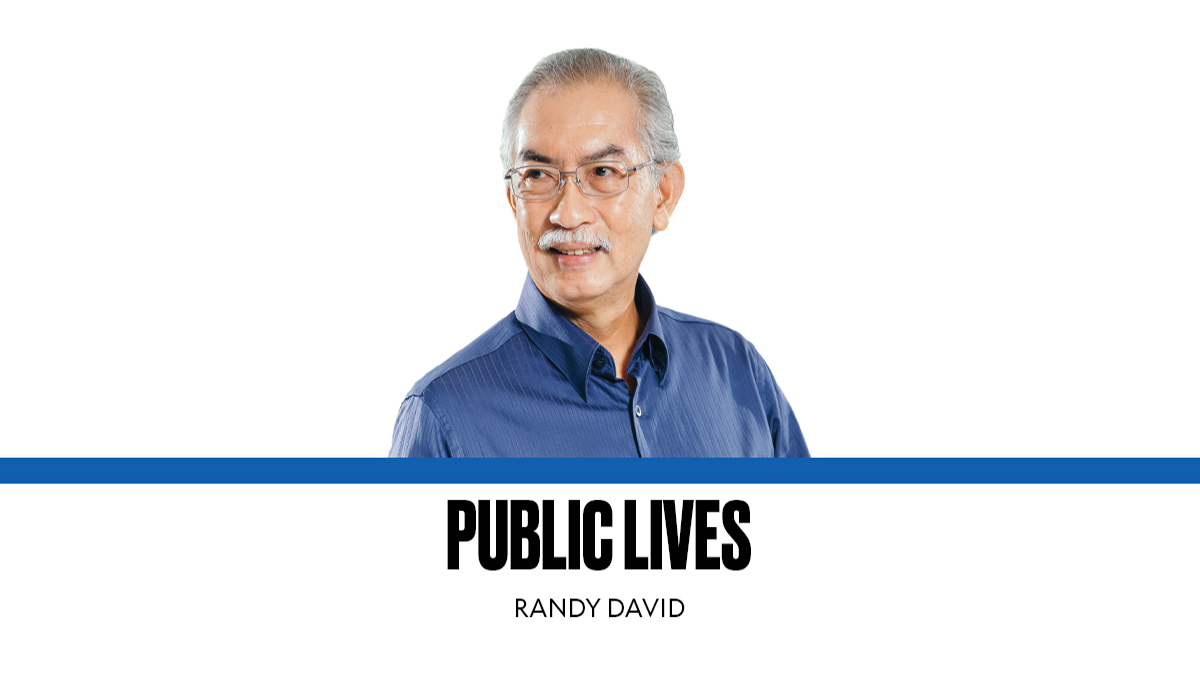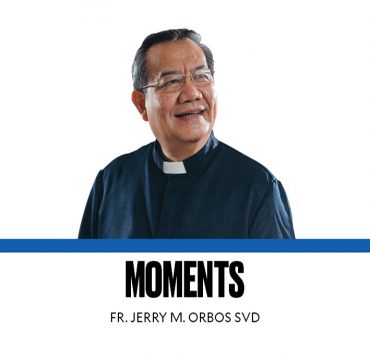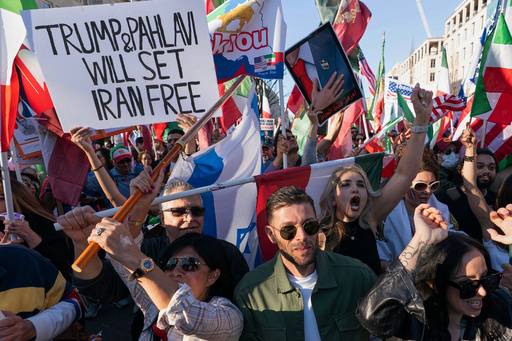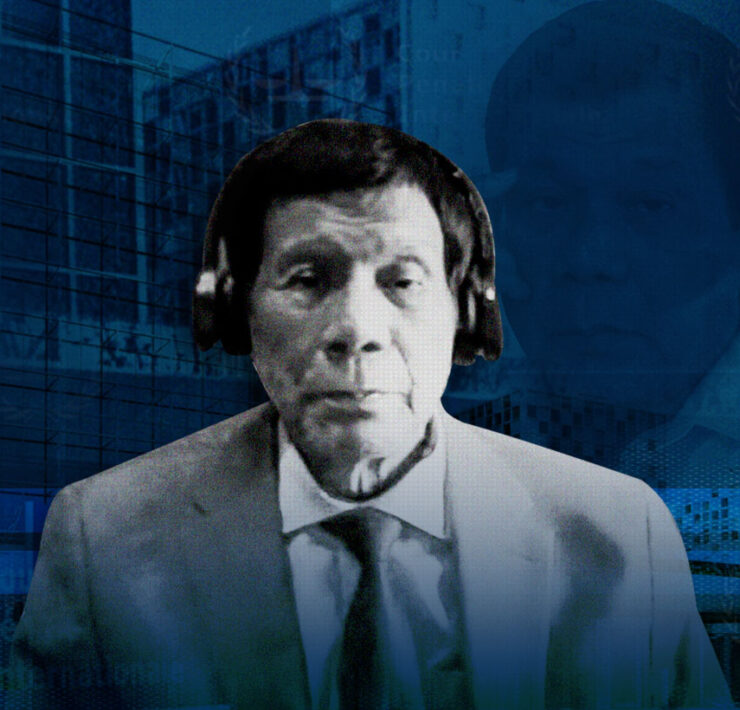What would Rizal advise?

Fifty-three years ago, Ferdinand Marcos Sr., seizing upon a little-known provision of the 1935 Constitution, placed the entire country under martial law. He justified it as the only way to save the republic from a supposed leftist-rightist conspiracy. But it soon became clear that the threat was only a pretext. Marcos used the emergency powers prescribed by the Constitution to erect what he called a “New Society.”
That costly experiment collapsed in 1986. Yet the popular aspirations from which it drew support — peace and order, economic prosperity, and a government free of corruption — did not vanish. They were revived decades later and mobilized behind the candidacy of the dictator’s son, Ferdinand Marcos Jr.
The same yearnings had earlier animated the people power revolution that swept Cory Aquino into office in February 1986. That is how powerful the promise of change is. Go further back in our history and we find the same vision in the writings of Jose Rizal. Unlike many of his contemporaries, however, Rizal sought change with wisdom and reflectiveness, to the point of being perceived as merely a reformist.
He knew that freedom meant more than expelling the Spanish tyrants. “The slaves of today could be the tyrants of tomorrow,” he warned. There was no guarantee that Filipino leaders would govern better than the colonizers.
Something deeper had to change: the way we live our daily lives, the way we relate to one another, the way we select and deal with our leaders. Rizal believed that true change must grow from small beginnings — from habits of self-discipline and the practice of civic duty. From afar, he could “step out of the skin of his own culture” (as the writer Benedict Anderson graphically put it) and critically reflect on his people’s traits. Rizal saw how difficult it would be for a whole nation to undergo such a shift, even after independence.
Education was crucial, but not just formal schooling. More important was the learning that comes from practicing self-rule and taking responsibility for its burdens. This was what he envisioned in the La Liga Filipina program, which he could not implement because, after the Tondo meeting in which he presented it, he was immediately arrested and thrown into exile in Dapitan. On the day of his arrest, Andres Bonifacio founded the Katipunan. Four years later, the 1896 Revolution exploded.
Today, as public anger over corruption in flood control projects boils over, we hear again the cry: tama na, sobra na, palitan na! But what exactly do we want to change? We may replace corrupt engineers in the Department of Public Works and Highways and auditors from the Commission on Audit, even senators, congressmen, and local officials who profit from the system. We might even remove the president, as we did in 1986 and 2001. Yet in a few years new corrupt actors will emerge. Why?
It is not because Filipinos are naturally corrupt or have lost their moral bearings. Our indignation proves that we still know betrayal when we see it. Corruption persists because it is useful. It serves entrenched ways of doing politics and governance. We cannot root it out without also changing the politics we have come to accept.
But politics cannot be remade by merely drafting another constitution. We have seen how the 1987 Charter’s noble intentions have been undermined by endless quarrels over meaning. This is more than just a question of precision in wording, for the Constitution in its present form is already quite wordy compared to other constitutions.
This is where our moral intuitions matter. They tell us what feels right even when the law is silent. Husband-and-wife tandems, parent-and-child, or siblings running towns and provinces or populating both houses of Congress – these may not be illegal, but our instincts say this is not democracy as it should be.
Instead of heeding these intuitions, we blame the people for voting badly. But the greater shame falls on those who seek office without competence or vision, offering only money, connections, or celebrity status — and who then use official power to enrich themselves further.
The point is: when we demand change, we must be clear that nation-building cannot be reduced to swapping leaders or rewriting rules. A just and honest society grows when laws are grounded in moral intuition, and when leaders live modestly and show what it means to serve with integrity and competence.
This, I believe, is what Rizal would advise us today.
—————
public.lives@gmail.com





















